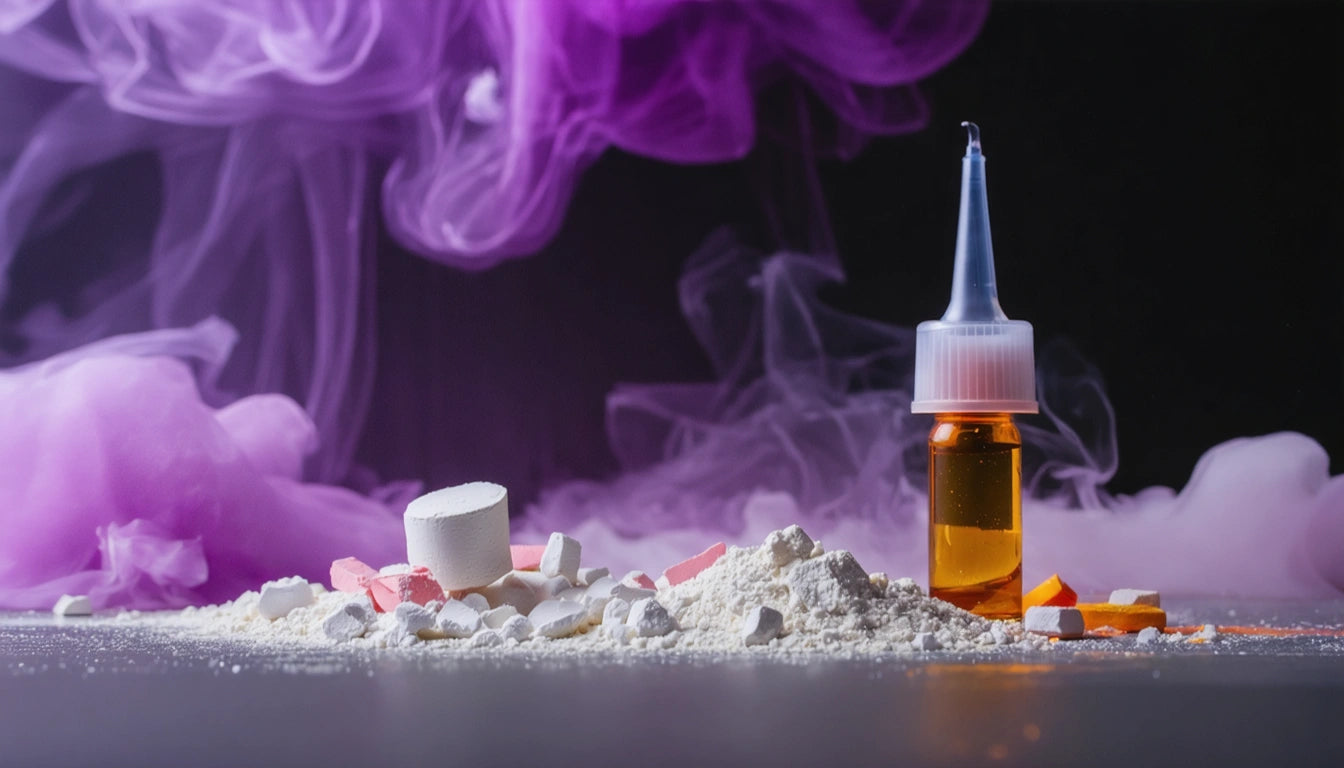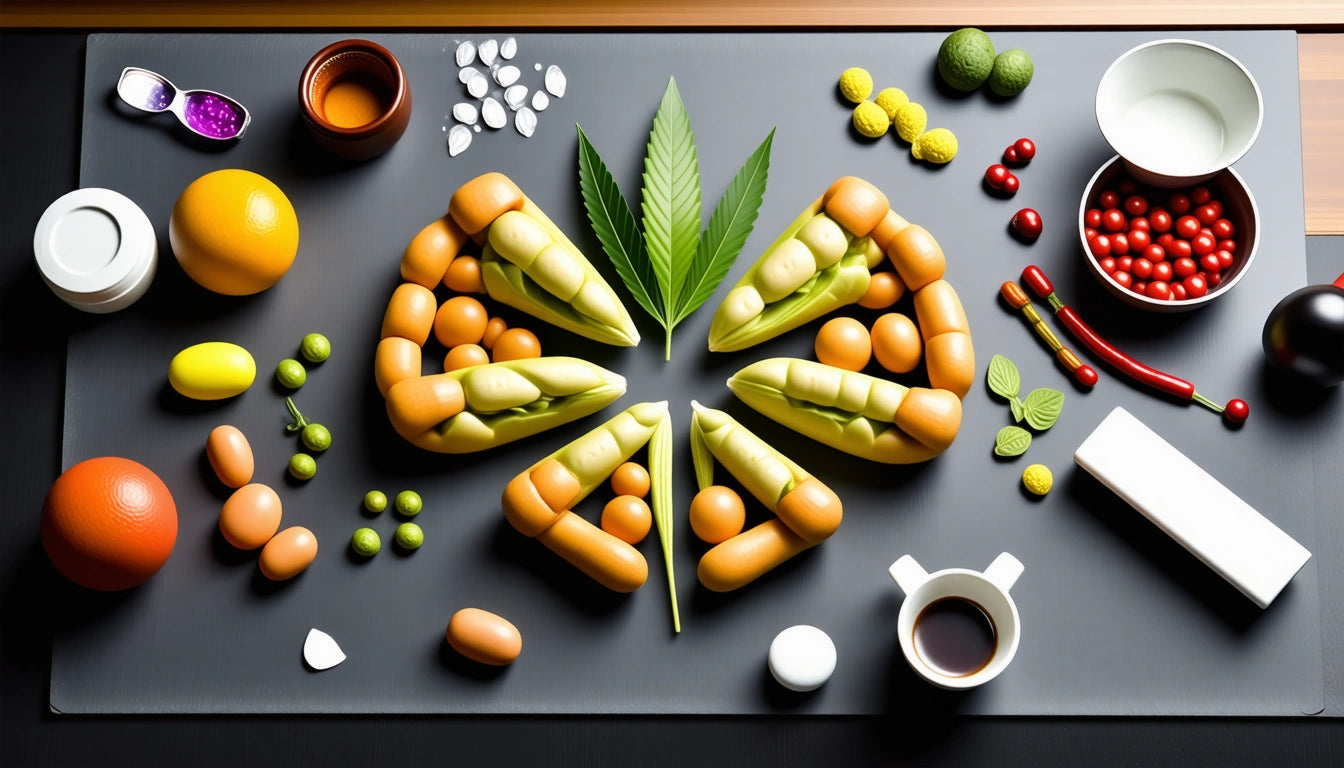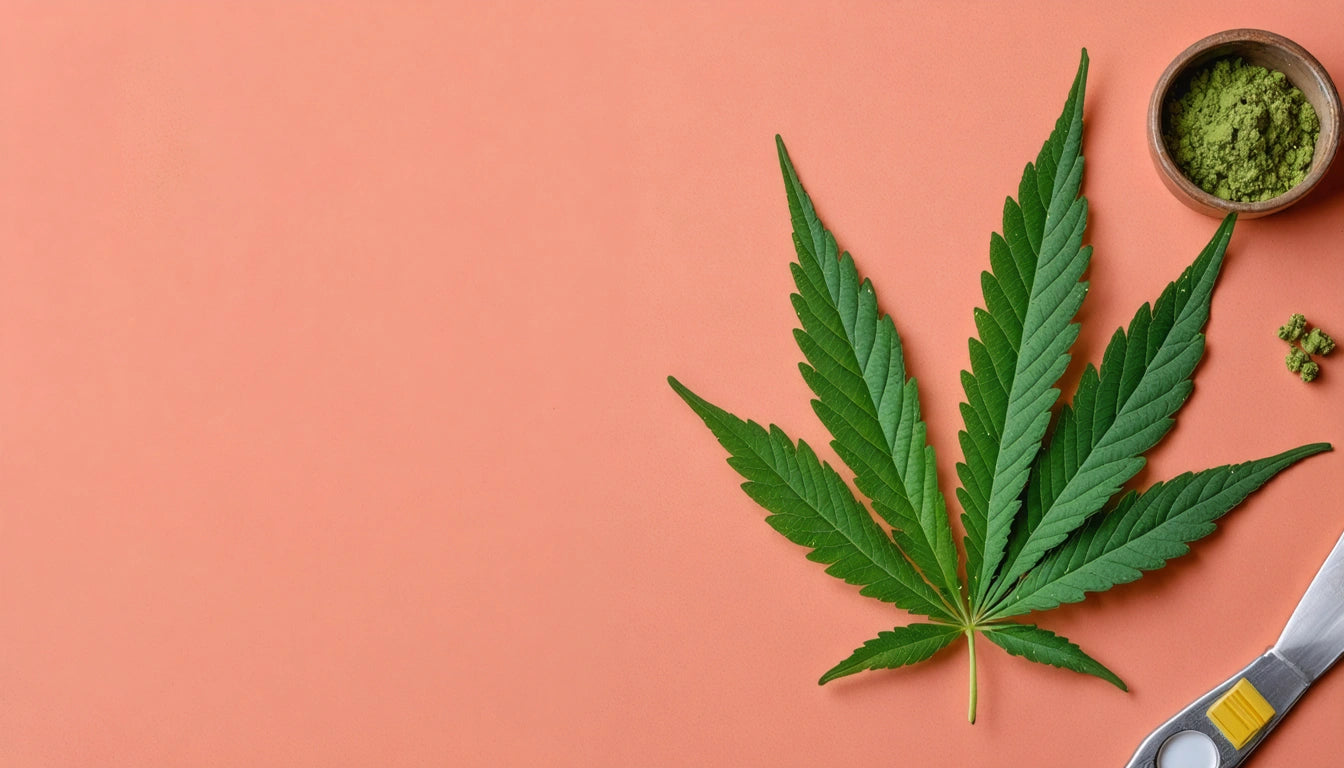Table of Contents
Does LSD Appear on Standard Drug Tests?
LSD (lysergic acid diethylamide) is a powerful hallucinogenic substance with a complex detection profile in drug testing scenarios. Unlike many other substances, LSD presents unique challenges for standard drug screening methods due to its potency at extremely low doses and its rapid metabolism in the body.
LSD Detection Basics: Why It's Different
LSD is active at microgram levels (typically 100-200 micrograms per dose), making it one of the most potent substances commonly used recreationally. This extremely low dosage creates significant challenges for detection through conventional drug testing methods. The substance quickly metabolizes in the body, breaking down into compounds that aren't targeted by standard drug panels.
Most importantly, LSD has different chemical properties than substances commonly screened for in workplace or probation settings. While standard tests readily detect metabolites from substances like cannabis (as explained in this article on cannabis detection), LSD requires specialized testing approaches.
Standard Drug Panels and LSD Testing
The question "does LSD show up on drug tests" has a straightforward answer for most common testing situations: no. Standard drug tests typically do not screen for LSD, including:
- 5-panel tests (marijuana, cocaine, amphetamines, opiates, PCP)
- 10-panel tests (adds benzodiazepines, barbiturates, methadone, propoxyphene, methaqualone)
- 12-panel tests (adds MDMA/Ecstasy and expanded opioid screening)
For those wondering specifically "does LSD show up on a 12 panel drug test," the answer remains no in most cases. These standard panels focus on substances with higher prevalence rates and those specifically targeted by workplace drug policies or law enforcement priorities.
Specialized Testing Methods for LSD
While standard tests don't detect LSD, specialized testing methods do exist that can identify the substance or its metabolites. These include:
High-Performance Liquid Chromatography (HPLC)
This laboratory technique can separate, identify, and quantify LSD in biological samples. However, it requires sophisticated equipment not found in standard testing facilities.
Gas Chromatography-Mass Spectrometry (GC-MS)
This confirmatory method can detect LSD at very low concentrations but is expensive and time-consuming, making it impractical for routine screening.
Immunoassay Tests
Some specialized immunoassay tests have been developed for LSD, but they aren't included in standard drug panels and have higher rates of false positives than tests for other substances.
If you're concerned about proper storage of substances for testing purposes, secure storage solutions with proper sealing properties are essential for maintaining sample integrity in laboratory settings.
Detection Window: How Long Does LSD Stay in Your System
For those asking "how long does LSD show up on drug screen" tests, the detection window is relatively short compared to other substances:
- Blood: Detectable for 6-12 hours after use
- Urine: Metabolites may be present for 2-4 days
- Hair: Theoretically detectable for up to 90 days, but practical detection is challenging due to the low concentration
This short detection window further complicates testing efforts, particularly when compared to substances like THC, which can remain detectable for much longer periods, especially in chronic users.
Factors Affecting LSD Detection
Several factors influence whether LSD might be detected in specialized tests:
Dosage
Higher doses may extend the detection window slightly, though the difference is minimal due to LSD's potency at microgram levels.
Metabolism Rate
Individual metabolic differences can affect how quickly LSD is processed and eliminated from the body.
Testing Technology
The sensitivity and specificity of the testing method significantly impact detection capabilities.
Sample Collection Timing
Given the short detection window, the timing of sample collection relative to LSD use is critical for detection.
How LSD Testing Compares to Other Substance Tests
The testing landscape for LSD differs significantly from other substances:
- Cannabis: Unlike LSD, THC metabolites are routinely screened for and can be detected for weeks after use in regular users.
- CBD Products: While CBD itself typically doesn't trigger positive results, some CBD products containing THC might cause positive tests.
- Hemp Products: Similar to CBD, hemp products with trace THC could potentially affect drug test results.
- Topicals: Unlike LSD, which is typically ingested orally, topical cannabis products generally present minimal risk for standard drug tests.
In contrast to these substances, LSD testing requires specific intent and specialized equipment, making it rare in standard screening protocols.
For those interested in understanding the broader landscape of substance testing, this comprehensive guide on drug screens provides additional context on testing methodologies and their applications.











Leave a comment
All comments are moderated before being published.
This site is protected by hCaptcha and the hCaptcha Privacy Policy and Terms of Service apply.